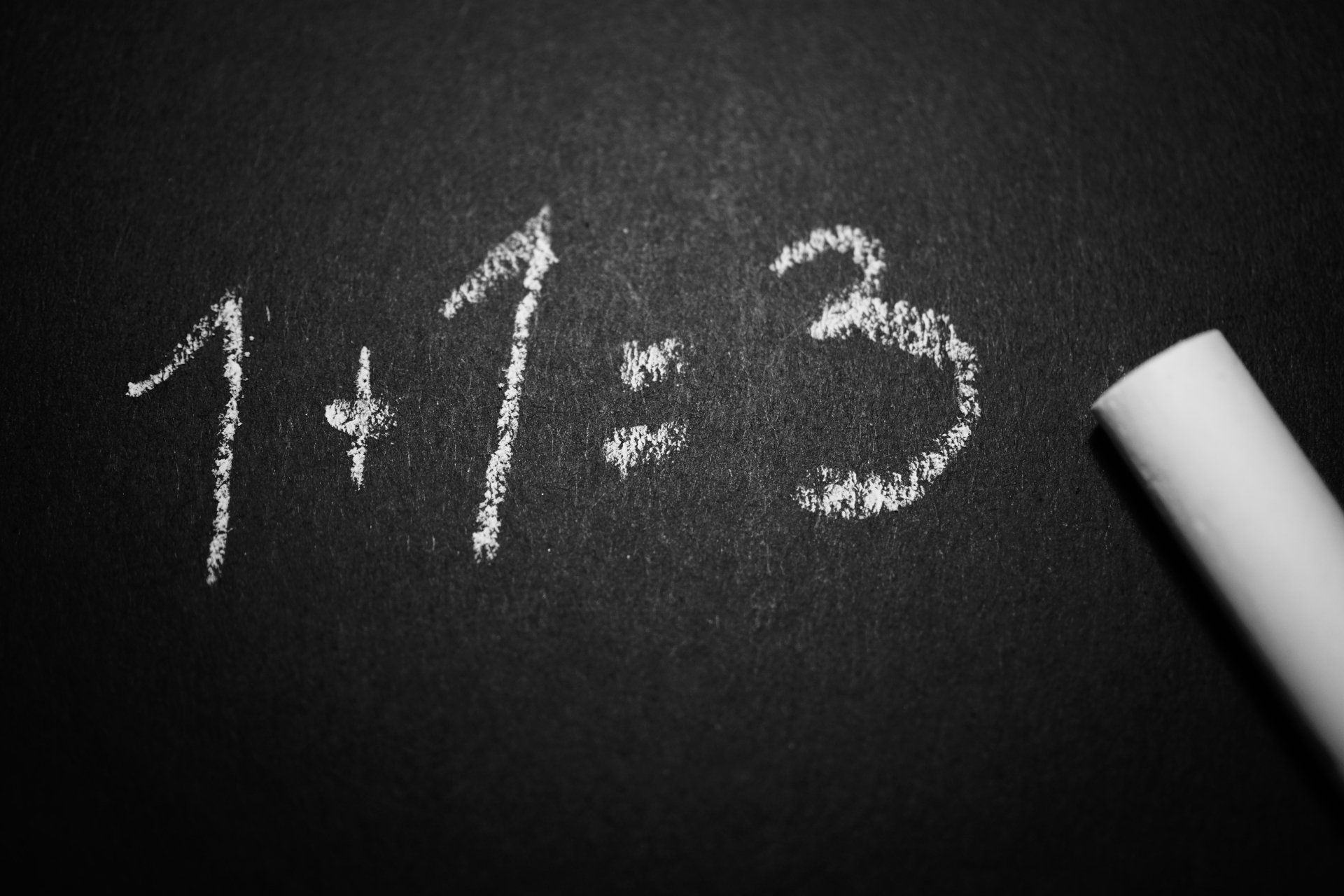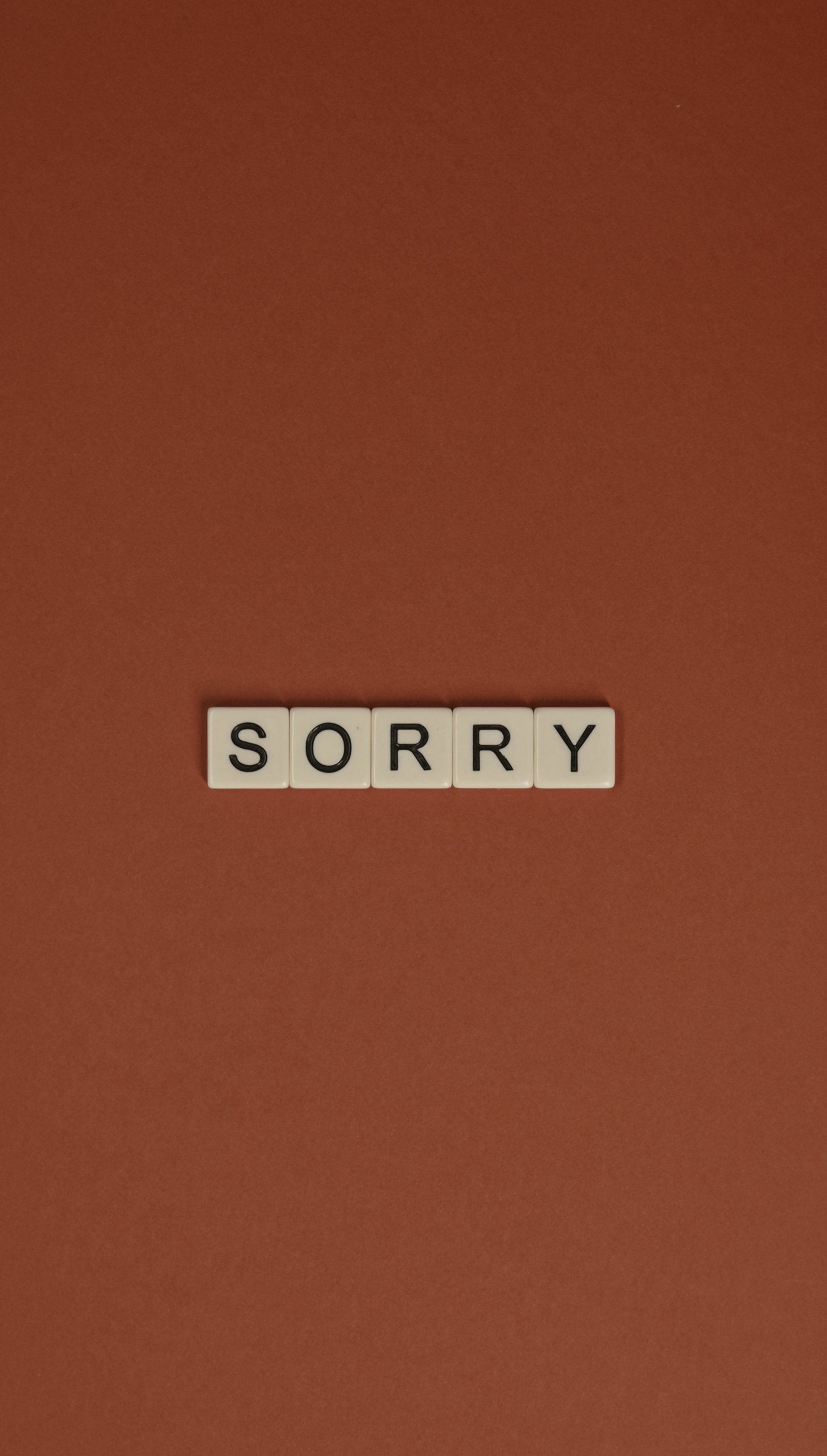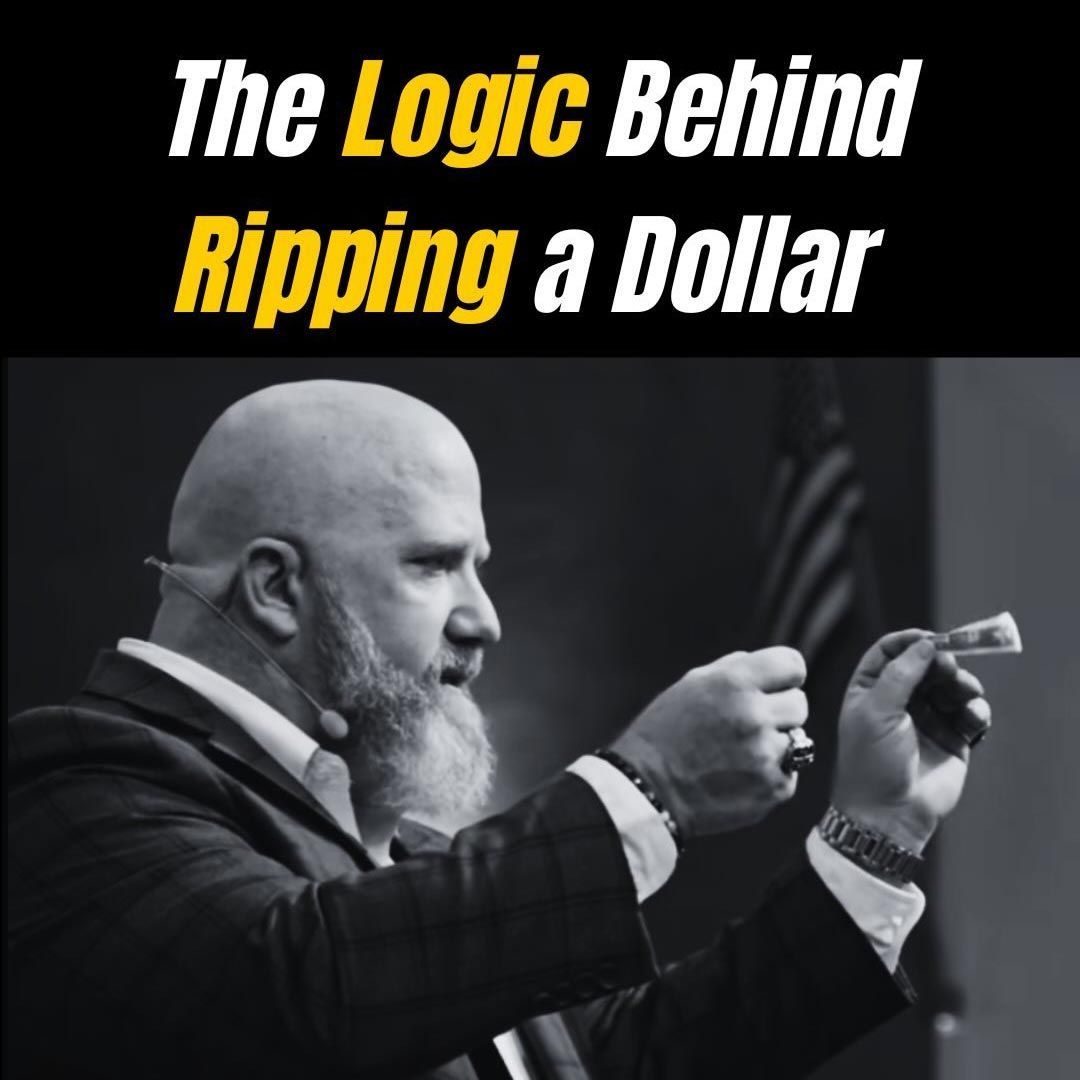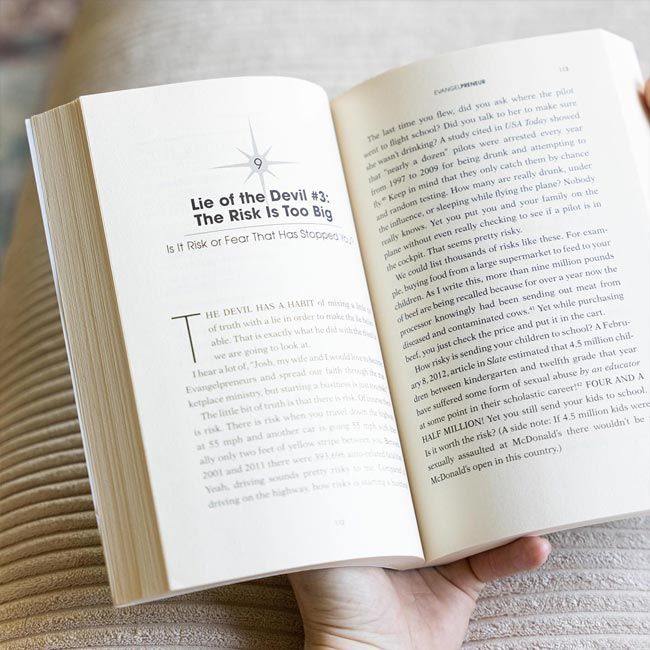Happiness Leads to Depression
Selfish Happiness Leads to Depression
People have always been selfish, it is in our nature, and it is not all that bad. When balanced with sound morality and a healthy portion of selflessness, controlled selfishness leads to better health, better relationships, and better society.
However, the form of our selfishness as a society has changed recently and it is leaving us unhealthy, unhappy, and unsuccessful, and in a growing number of cases, unalive.
People from eighteen to eighty are reporting record levels of depression, loneliness, and a lack of overall joy in their lives. They are blaming everything from previous generations, rich people, climate change and artificial intelligence to name a few.
I have no doubt that any, or all, of those factors could be making things worse, but the root of our lack of joy is really found in us.
The first obstacle to our joy is expectations. For the first 10,000 years or so of human existence there was a 99.8% chance your life was going to be terribly difficult and you would most assuredly be poor. Today, in 2024, there has never been less poverty, yet we have never felt the voids in our lives so deeply. As a matter of fact, globally, the percentage of people who live in true poverty is 12 percent, which, while still 12 percent too much, is down from over 36 percent in the 1990’s and 98 percent of people in the 1700’s. Life was so bad coming out of the 18th century that 29% of the population never seen their first birthday, and 45% of people never made it past 14 years old!
If you were a normal person living in most of America in, say, 1790, you would have terrible or no shoes, a shack with a dirt floor for a home (planks if you were lucky and rich), a well to get water as long as the well didn’t become tainted, and for dinner some pig innards and some squash you may have been able to grow in the back of your cabin. Your day would be laborious for 14 to 16 hours, and your bed would be uncomfortable and usually infested at some point throughout the year. If you lived in a more urban environment the conditions were a bit worse with rats, viruses, and horse manure everywhere on top of the labor required just to not die that day.
If you happened to know how to read (which global literacy rates were only about 30% until the 1700s) the amount of information you would consume in your entire lifetime would be less than the average person in today’s world consumes in just a few days!
And yes, I have seen the reports that the serfs of the medieval times worked fewer days for their masters than we work today, and had possibly even more days off too, but these reports are 100% inaccurate! The reason these reports are inaccurate is because they don’t factor in to the fact that you had to work in your own daily life in order to just live to see tomorrow. So, while work for the master might be fourteen hours one day and only five hours the next, you also had to make sure you killed, gutted, skinned and cooked that night's dinner, mend your clothes, chop firewood, feed any livestock you may have, make soap, repair your dwelling, and so on. You get the point. Staying alive was a full-time job above and beyond whatever work you had to do for the master. Not to mention the risk of being raided, raped and killed with little to no warning at any moment by warring factions.
Here's the crazy part though, those people were happy. Not all of them of course, but there was joy, laughter, celebrations, art, festivals and we know this because they kept a written record. More powerfully though, they didn’t ‘feel’ as poor as someone today that has a heated studio apartment, electricity, smart phone, television, internet, access to motorized public transportation, YouTube, Google, social media, readily available food, and streets that are not full of literal sh*t.
Please understand that I am NOT saying the young lady complaining on TikTok with their $1,000 smart phone about how terrible life is when working a nine-hour day with an hour commute each way just to come home and not have any time to hang out with friends doesn’t have something to complain about. However, logically speaking, this young lady, who is not being sold by her father for three goats, has a better life than 99.9% of the 117,000,000,000 people who are now, or have ever lived, on planet Earth.
Someone in America, who is living in government subsidized housing, city paid for bus pass, and food stamps has a higher standard of living than the King of England did in 1880. No, really! Until 1880 the King of England, the most powerful man on the planet at the time, had no toilet, no heat other than however close he could sleep to the fire, no motorized transportation, no electricity, no modern medicine, etc.
So, quality of life for most of today’s poor is 500-800% better than even the wealthy for all of history, so it begs the question, what is really the source of this feeling of destitution, and unhappiness?
First, we have to examine what is the source of happiness, especially if generations before us, as recent as our grandparents, were provenly happier than we are today.
The people of the past:
- Longed to sacrifice work in order to have children and raise a family, longing for a wife and kids for themselves since they were children. They understood that the best treasures in life were a spouse and children.
- Longed to keep their list of lovers to fewer than two, knowing that brings the highest rate of sexual satisfaction.
- Both sexes embraced modesty
- Devoted themselves to the love of one person in marriage understanding that a boring marriage, or an unfulfilling marriage had no relevance as to their happiness in marriage since those phases were considered part of the adventure that brought fulfilment.
- They didn’t need every day or month to feel like they were living their best life now and realized that being alive was already gift enough.
- They learned one, maybe two crafts and spent their lifetimes mastering their craft.
- They devoted themselves to spiritual and/or philosophical development.
- They honored their aged and ancestors, realizing they were the highest of celebrities.
- They accepted that life was tough and enjoyed even the slightest reprieve as if it was a cool drink.
The people of today:
- Actively reject the idea of kids until “later” if at all, in order to “live their life first.”
- Try to bed as many people as possible before they “settle down.”
- Both sexes reject modesty
- Abandoning marriages due to “no fault” or due to “boredom, unhappiness, or unfulfillment.”
- Changing career every 5 years and even then, always looking for shortcuts to success.
- Actively rejecting mental, spiritual and philosophical pursuits in exchange for subjective truth and self-defined morality.
- Rejecting, and at times even opposing the older generations and abandoning the stories of our ancestors.
What a completely different approach to life, and to think we rejected for first list because we incorrectly believed the second list would bring more joy.
Secondly, the ability to compare.
If you were poor in the 1920s you lived with, built your local community and culture with, celebrated and mourned with other people in your income and life situation. If a rich man did pass through your community in a gilded carriage, it would be treated as a source of amusement and while the wealth may have drawn attention and dreams, the women of the community, for example, wouldn’t start rejecting the advances and attraction of their male peers, nor stop dreaming of a happy life with those men while raising a family in their community. Wealth, when it was seen, would be something to work towards, or wish for, perhaps but not something that would cause one to reject happiness because they couldn’t obtain the wealth.
Today, it is the opposite. We can compare our lives against tens of millions (yes, that many) of millionaires 24/7 on social media, or every time we watch television. And when we have abandoned the things of life that actually make us happy listed above, those comparisons and subsequent feelings of inadequacy are even greater.
Third, we have unhappy people telling us that the things that can actually make us happy; children, a hard but worthy marriage, local friends, and work that produces a decent living are things to be shunned as too traditional and things that will take away from partying, traveling, and enjoying the ‘fun’ of being single and free. Not only do these unhappy people love to tell us these things, but we, driven by a self-destructive form of selfishness, allow ourselves to believe them.
Look, I’m not saying there isn’t a problem with the economy and today’s work, there absolutely is, which is why I have books, trainings, and even multiple companies I own dedicated to fixing that part of the equation, but what I’m saying is, until people want the deeper things in life that really make us happy, then it doesn’t matter if the economy and the state of labor gets fixed or not.
Until we once again desire to have sex with the fewest people possible, knowing that results in the highest reported rates of sexual happiness. Until we desire the hard work of a great and boring marriage more than the illusion of cheap passion accompanied by the stroking of our vanity. Until we desire to build local clubs, pubs, tea houses, and realize those offer more joy than world travel even to those who engage in world travel. Until we are willing to sacrifice our preferences and yield to a larger morality. Until we do those types of things it wouldn’t matter if a million-dollar salary working a ten hour a week job were dropped in our laps, we would still be (more so actually) unhappy and unfulfilled.
I would go as far as saying, that until we want those deeper things that make us happy, not only will we not have an economy that makes sense for the masses but it would be actually impossible to achieve.
There is nothing more deceptive than self if that self is allowed to pursue cheap and self-serving happiness instead of rich and deep joy found behind a logically.








